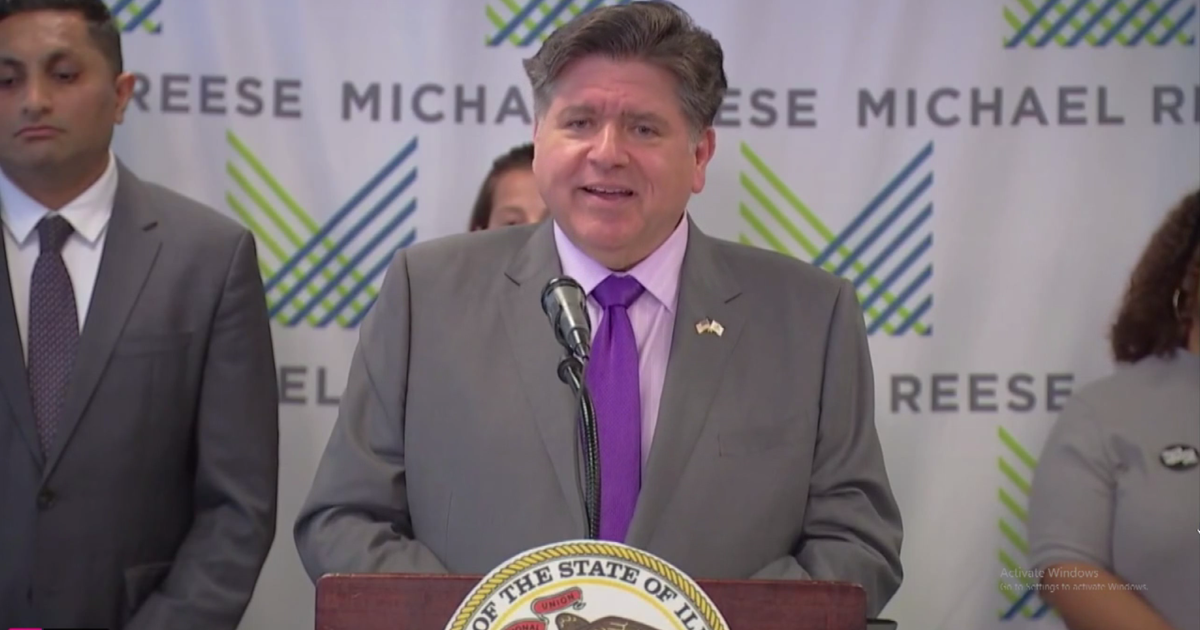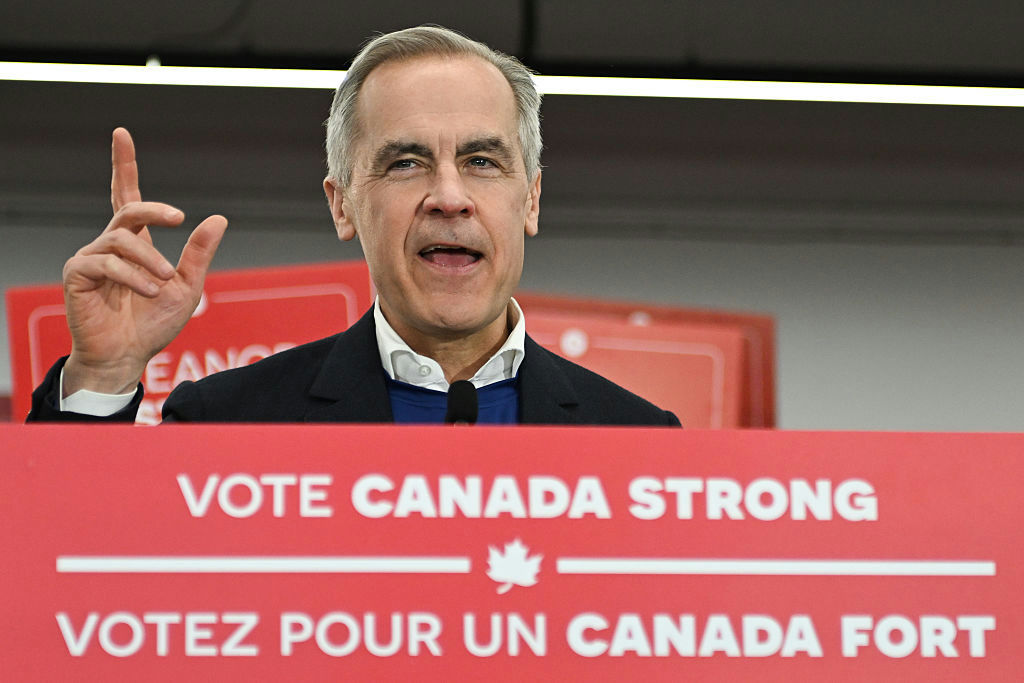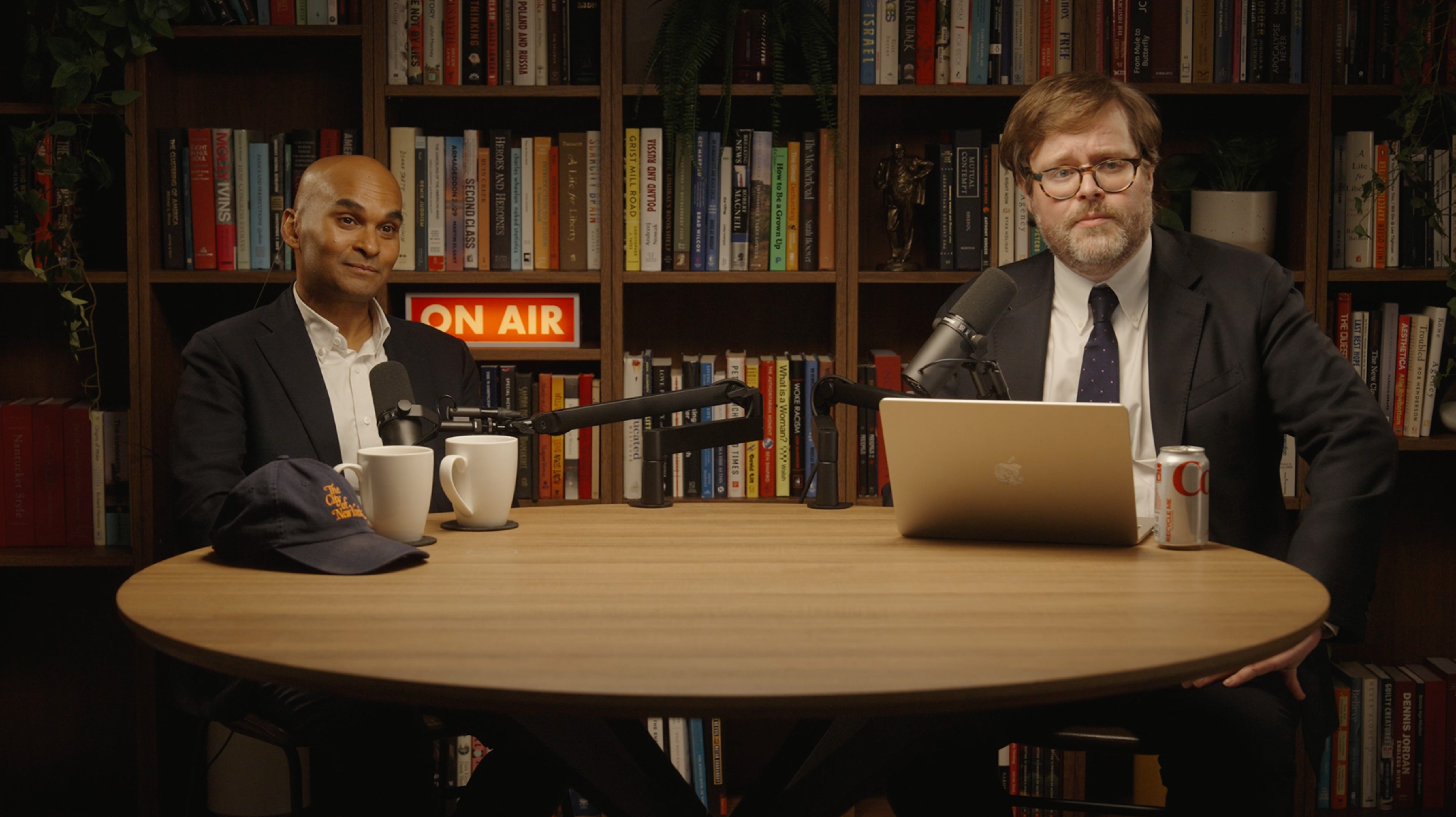Pakistan's 2024 election takes place amid deadly violence and allegations of electoral misconduct
Pakistanis voted Thursday in national parliamentary elections, but people headed to polling stations under tense circumstances a day after deadly bomb blasts targeted politicians and amid allegations of electoral misconduct.
The violence — and the government's decision to limit communications on election day — fueled concerns about the integrity of the democratic process in a country with 128 million eligible voters.
The Pakistani government suspended cell phone services, citing a need to preserve order with unrest widely anticipated. Critics and opposition parties, however, said the communications blackout was really an attempt to suppress the vote, as many Pakistanis use cellular services to determine their local polling station.
Security remained a very serious concern, however. At least seven security officers were killed in two separate attacks targeting security put in place for election day.
The twin bomb attacks on Thursday targeted the political offices of candidates in southwest Pakistan's Baluchistan province, killing at least 30 people.
Across Pakistan, there's a widely held view that the country's powerful military commanders are the ones really pulling the strings behind the government, and of the election process.
Three-time Former Prime Minister Nawaz Sharif is considered the military's favored candidate, and is expected to win enough votes to resume that role. But his win is predicted largely due to the absence on the ballot of the man who is arguably Pakistan's most popular politician, another former prime minister, Imran Khan.
Khan is a former Pakistani cricket star who's fame helped propel him and the Pakistan Tehreek-e-Insaf (PTI) party he founded to power in 2018. He couldn't stand in this election as he's in prison on a range of corruption charges. He was already jailed, when, just days before Thursday's vote, he was sentenced to another 10 years for leaking state secrets, 14 years for corruption and seven more for an "illegal" marriage.
He's has always insisted that the charges against him are false, politically motivated and rooted in the military's efforts to sideline him. In his absence, the PTI has effectively been gutted.
Pakistan only gained independence from Britain in 1947. For around half of its existence since then, it has been under military rule.
Whatever the outcome of Thursday's voting, the incoming government will have to confront formidable challenges, including worsening security, a migration crisis and severe economic challenges that have made life miserable for millions of people in the nuclear armed nation, which is also an important U.S. ally in a tumultuous region.








